The Ed's Up - Unbreaking
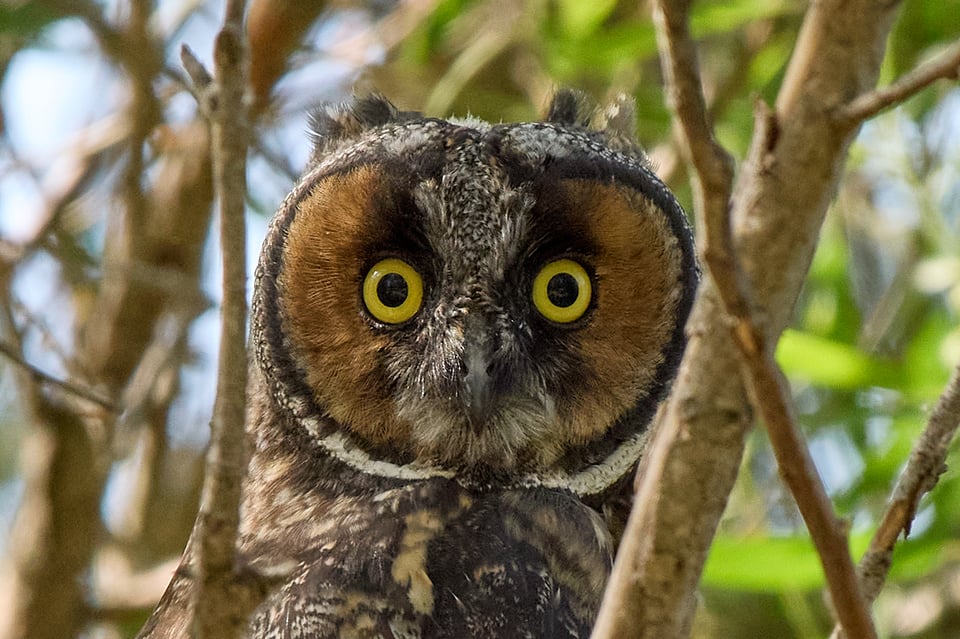
I hope you’re all hanging in there.
In the earliest months of the COVID-19 pandemic, people knew that the coronavirus that reached the U.S., but no one knew where exactly it was or how intensely it was spreading. There was barely any testing, and the trickles of data we had were not being collated. From that void rose the Covid Tracking Project—a group of volunteers who wrangled the data that we needed and that the nation’s top health agency was failing to provide. Their data became a bedrock for COVID reporters and government agencies alike. I think about the CTP a lot, as an example of what ordinary folks can collectively accomplish in times of crisis. It reminds me of what my wife Liz Neeley always says: there are no walls to put our backs against except each other.
Liz’s latest project is built upon the same principle. She and five other co-founders, including CTP leader Erin Kissane, have launched a new site called UNBREAKING to track how the current administration is breaking the government, and what that means for all of us.
Unbreaking is written for you, for us. Its purpose is to “help orient and ground our communities in clear and rigorously cited explanations of what’s happening to our government and why it matters.” The site consists of regularly updated explainers, written by the founders and a larger team of volunteers, that track the attacks on our institutions, why they matter, and the countermoves that are in play. As the team writes, “We believe that mapping the damage done and its human costs—and the pushback and resilience work already underway—is necessary groundwork for building and retaining political agency.”
Six pages are currently live, on: the federal workforce, food safety, Medicaid, the postal service, trans healthcare, and medical research funding. More will come. But if you want to start somewhere, try the page on medical research funding to see the extent of what this administration is destroying, and why it costs us all. It also doubles as perhaps the best explanation I’ve read of why research funding actually matters, whom it serves, and how.
I cannot recommend the site highly enough. The pages are so well written, so clearly structured, and so helpful in helping us make sense of the chaotic mess we’re in. I’ve said repeatedly that I likened the pandemic to a raging torrent that threatened to sweep us away, and my reporting as an attempt to create a stable platform from which people could observe the deluge without drowning in it. The same applies to Unbreaking. It’s exactly what we need right now.
Bird photos
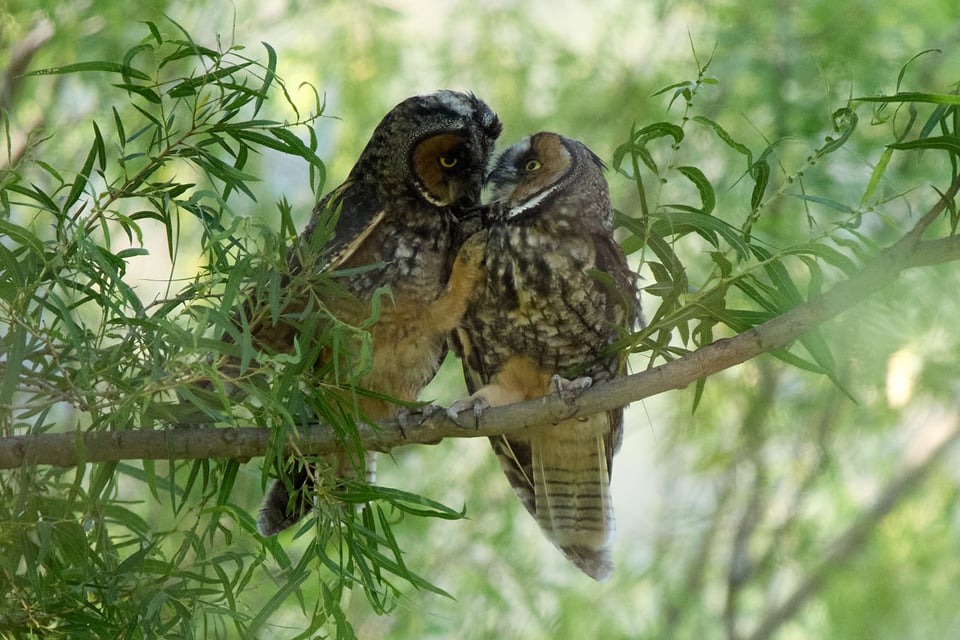
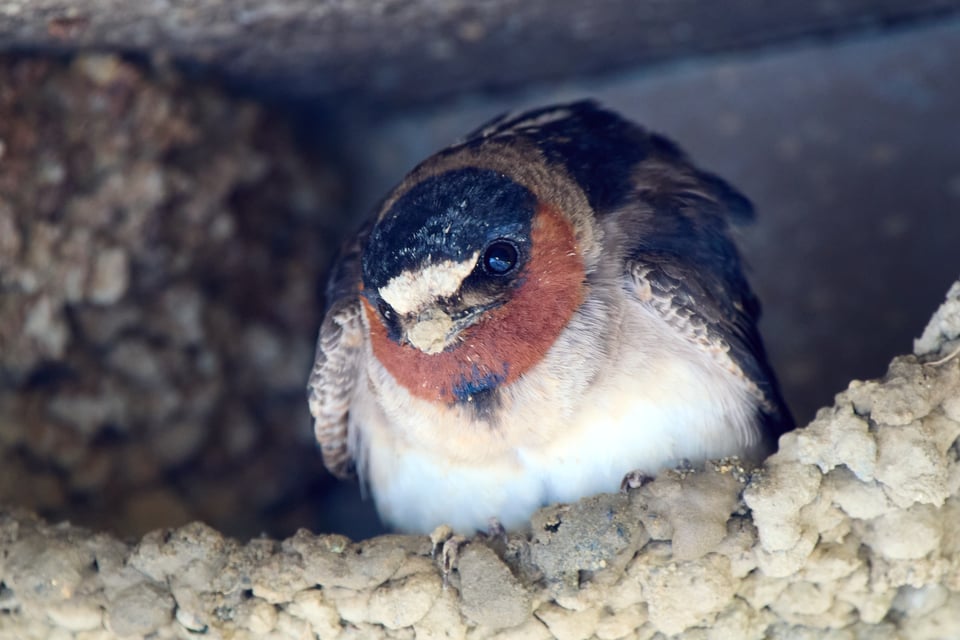
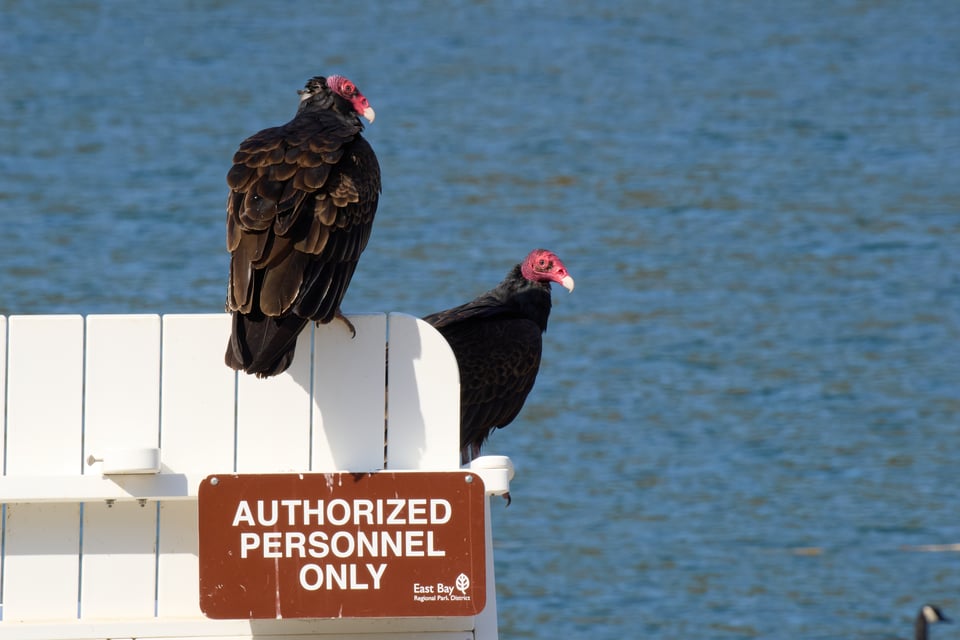
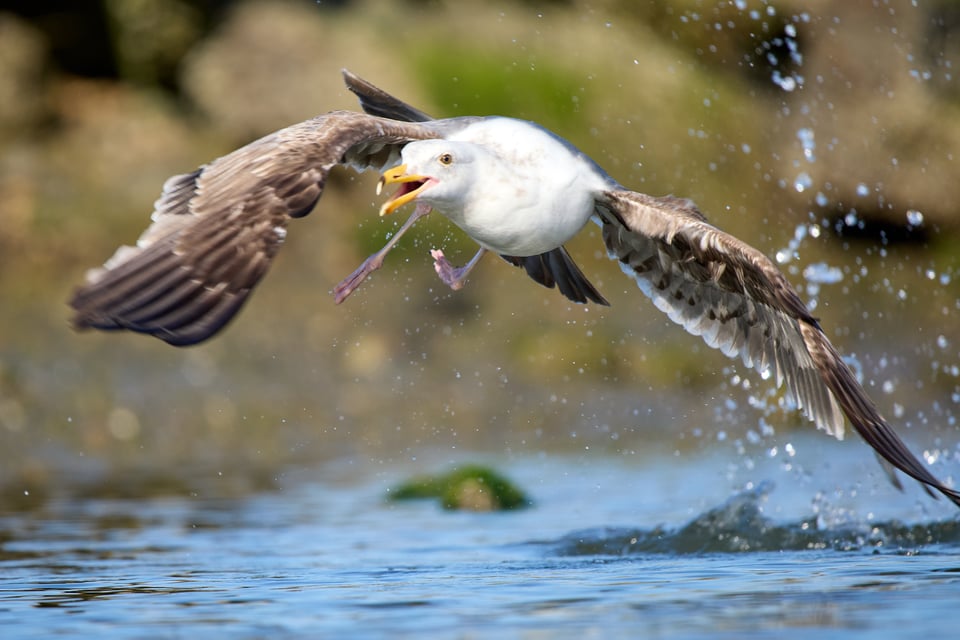
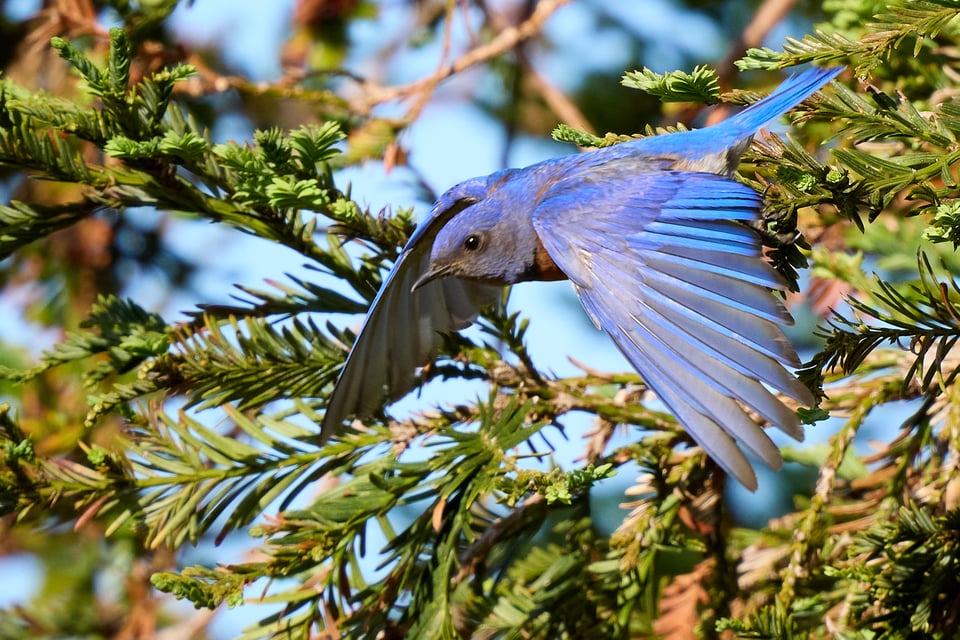
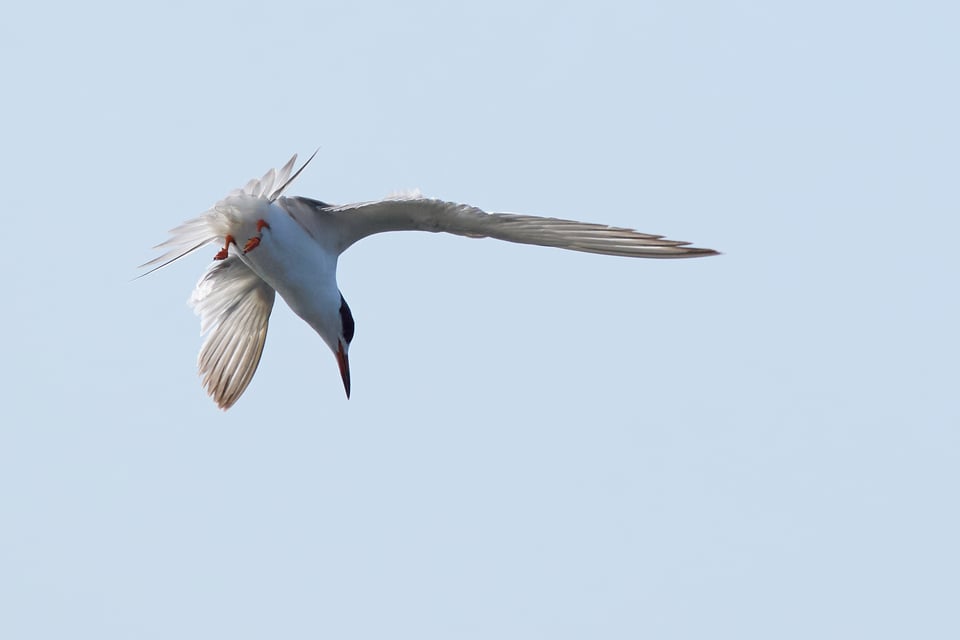
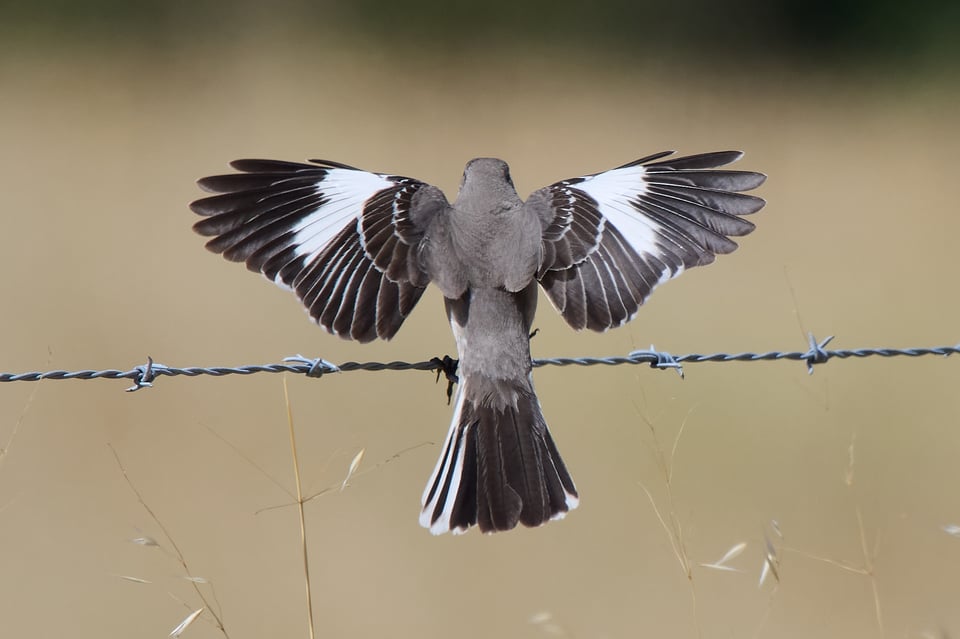
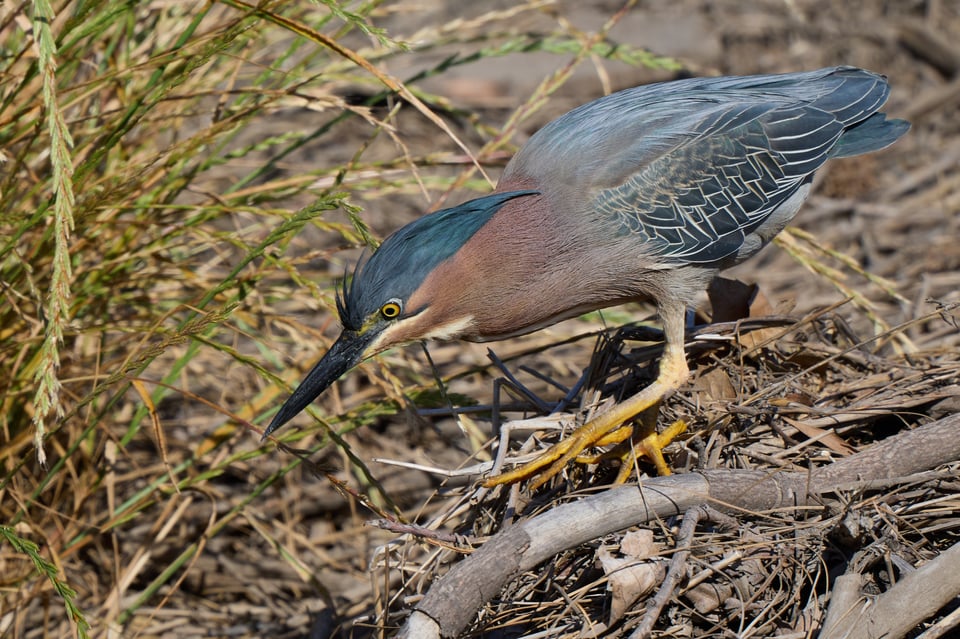
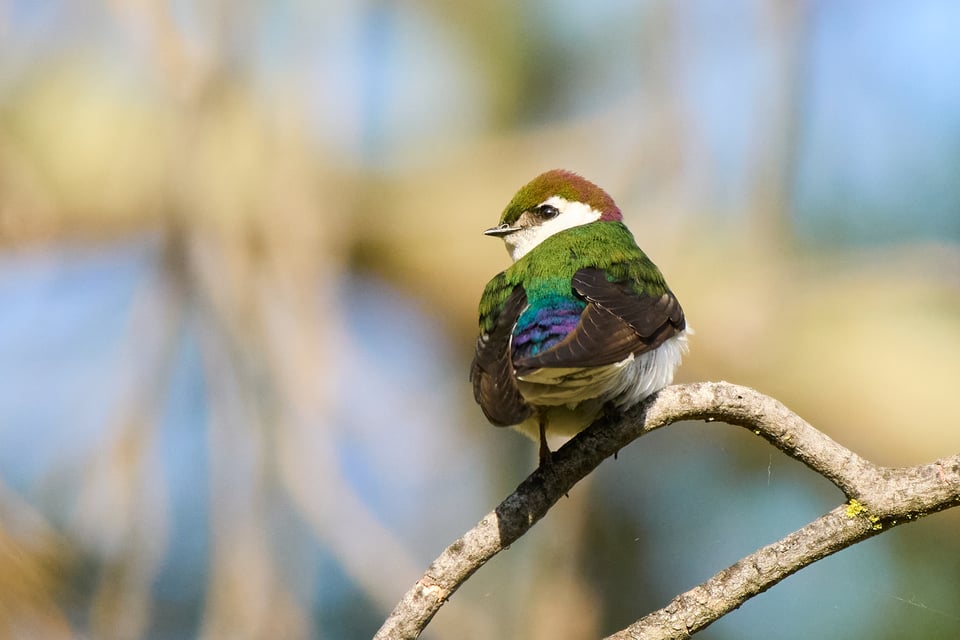
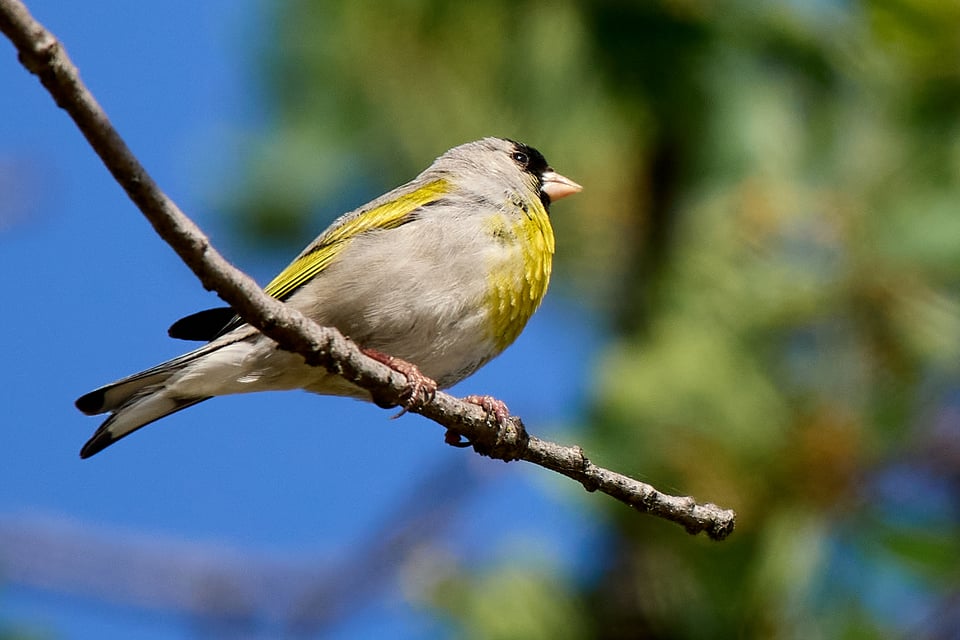
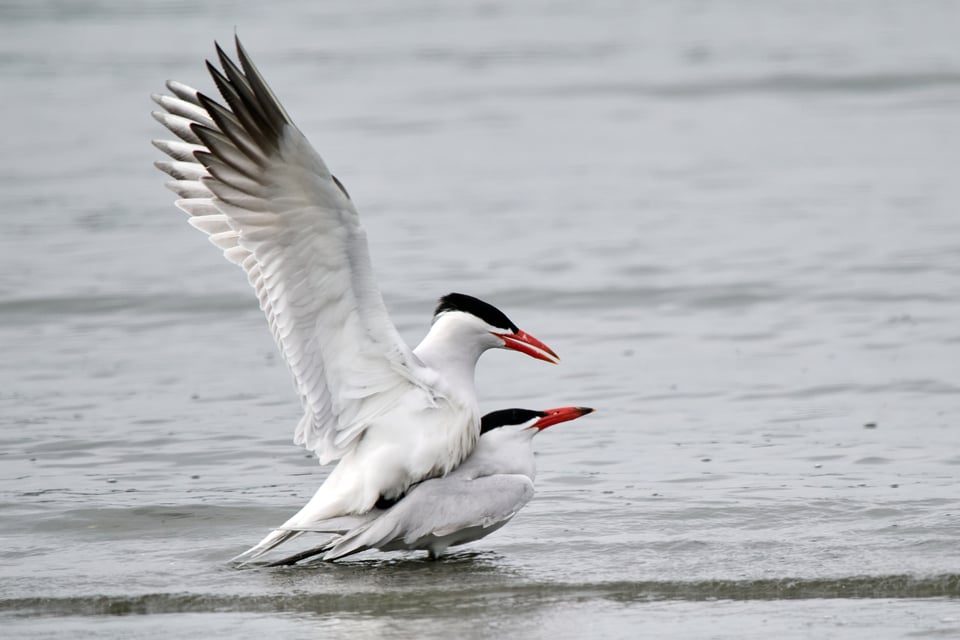
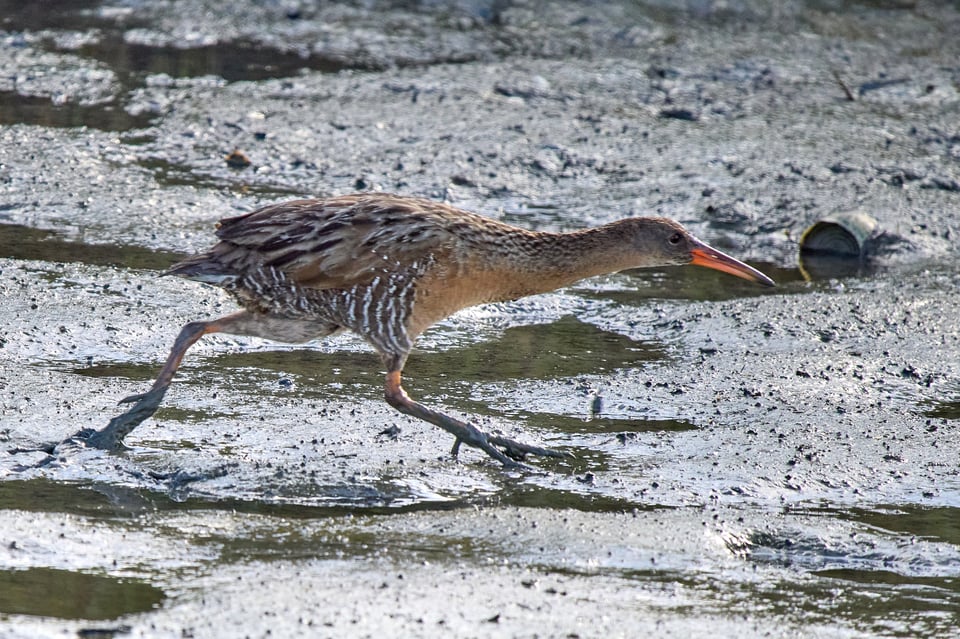
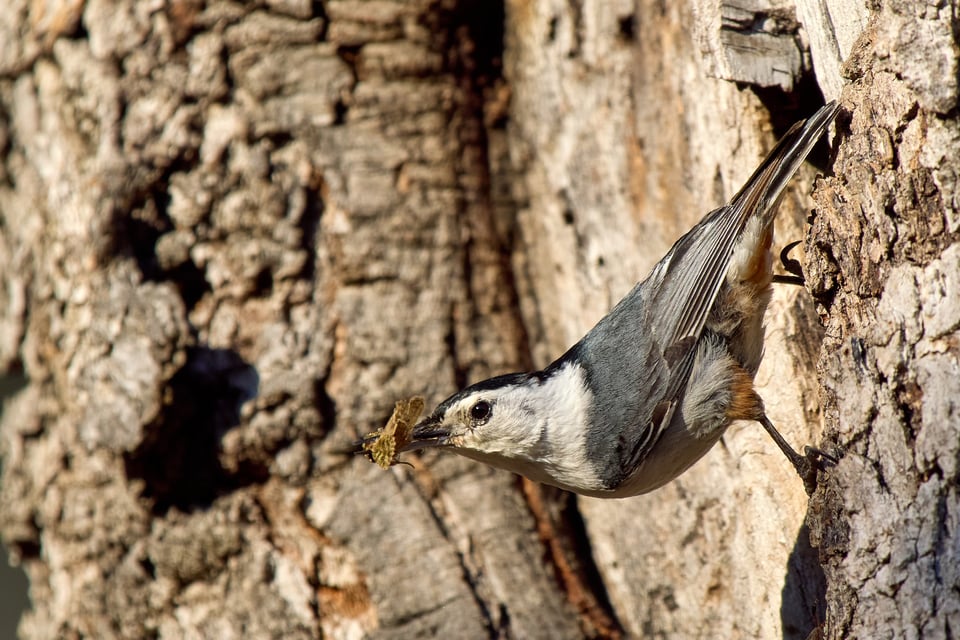
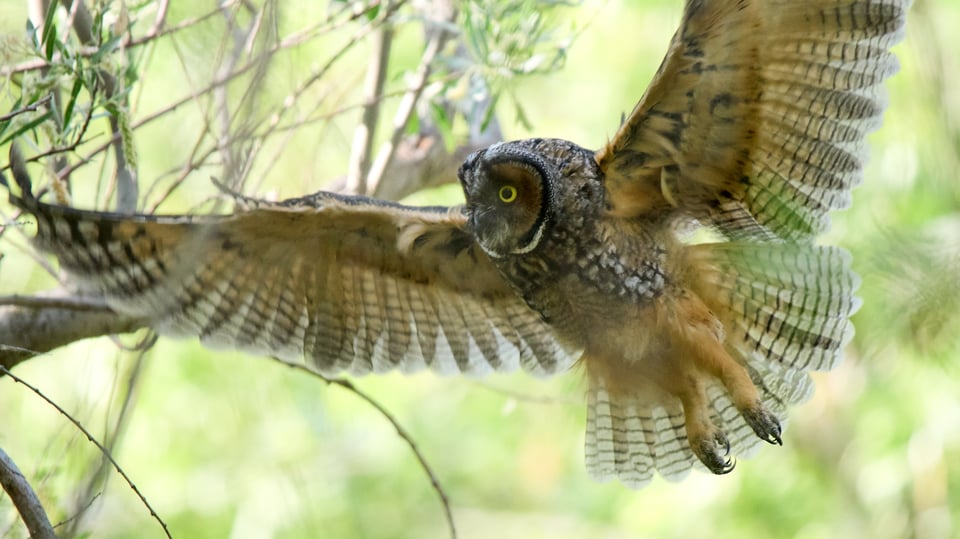
Personal stuff
I’m now two-thirds of the way through The Infinite Extent, my third book. We’re in the home stretch!
I’m delighted to say that the Young Reader’s Edition of An Immense World is a bestseller. I really had no idea if this adaptation would find its audience, and am really pleased that it did. I’ve also realized that it’s a pain to sign because unlike the adult version, there’s no largely blank page at the front, which has forced me to scrawl my signature over the face of a very beautifully illustrated whale.
I talked to the amazing biologist Rae Wynn-Grant for her podcast Going Wild, about connecting and reconnecting with nature. I do a lot of interviews and don’t always plug them all, but I really enjoyed talking to Rae and I think that comes across here.
I just came back from the fourth annual USC Storymakers Program. This fellowship was founded by Liz and her incredible co-conspirator Victoria Fine to train environmental researchers in the arts of storytelling. Liz and Victoria whisk a dozen or so fellows to Catalina Island, and immerse them in a program that allows them to break out of their normal routines, explore new ideas, and create community with each other. I teach the writing workshop and while the experience is always the best part of my year, this year’s cohort were especially exceptional.
Links
“Engaging with AI as a technology is to play the fool—it’s to observe the reflective surface of the thing without taking note of the way it sends roots deep down into the ground, breaking up bedrock, poisoning the soil, reaching far and wide to capture, uproot, strangle, and steal everything within its reach. It’s to stand aboveground and pontificate about the marvels of this bright new magic, to be dazzled by all its flickering, glittering glory, its smooth mirages and six-fingered messiahs, its apparent obsequiousness in response to all your commands, right up until the point when a sinkhole opens up and swallows you whole.” Fantastic essay by Mandy Brown on AI as ideology not technology.
“This series puts names and faces to some of the thousands of civil servants whose lives and futures have been upended. They all share a commitment to public service and a belief that the government is supposed to help people.” Sabrina Imbler interviews a wide range of federal workers who dedicated their lives to public service and were fired for their troubles.
Some exciting media news: 11 veteran Bay Area journalists, including two of my closest friends Reo Eveleth and Rahawa Haile, are launching a new worker-owned online magazine called COYOTE. “Inspired by the alt-weeklies of yore and tired of corporate newsrooms dominating the narrative, we envisioned an outlet where we’d have the freedom to pursue stories that reflect the complexity and depth of the region we know and love.” Here’s a write-up and a fundraiser link.
“I think we also knew that one day, the world would need and be ready for a COVID book. Not just any COVID book, but one like ours, with its three distinct features: it is co-written, it unfolds in real time, and it acknowledges that the pandemic didn’t end. Co-written because the pandemic is a lesson in interdependence. It gives the lie to the fiction of individuality. It is about our shared vulnerability—the dream of we. You can’t tell the story of COVID alone.” An interview with Chi Rainer Bornfree and Ragini Tharoor Srinivasan about their pandemic memoir “The End Doesn’t Happen All at Once.”
“Gaza is unique in the annals of starvation... In any other humanitarian calamity, a host of other factors complicate the picture, and overall food availability is a poor guide to levels of hunger. In Somalia or Sudan, for example, when food becomes scarce, people fall back on age-old alternatives such as gathering wild grasses and berries, or modern strategies such as calling for family members abroad to transfer cash. Palestinians in Gaza can’t do any of this. Israel controls every shekel, every sack of flour, every connection to the outside world.” Alex de Waal on famine as a tool of genocide.
“Nature, much as we want it to, doesn't magically protect itself. To get from techno-utopia to the rewilded Xanadu on the cover of Abundance, you mostly need more of the things that Klein and Thompson profess to hate: more rules, more process, more lawsuits blocking developers from bulldozing fragile ecosystems.” Ben Goldfarb with the ecological rebuttal to the ‘abundance agenda’.
That’s it for this month!
Between reporting trips to New Zealand and Texas, long writing sprints for my book, and spring migration, I’ve had very little time to read, so there won’t be the usual list of links in this edition. Hopefully they’ll be back next time.
As always, this newsletter is free, but you can choose to pay a monthly subscription (at whatever level you set) if you'd like to support my work.
Stay safe.